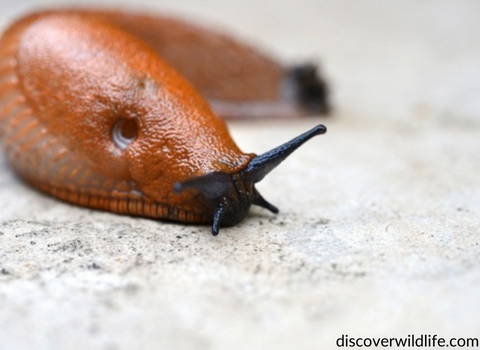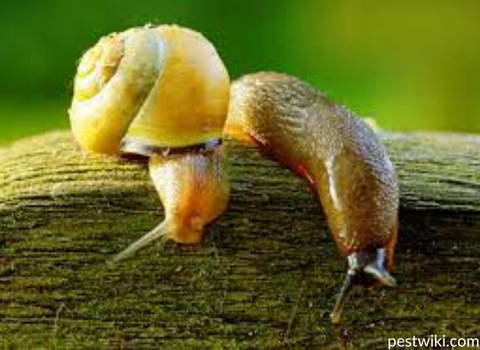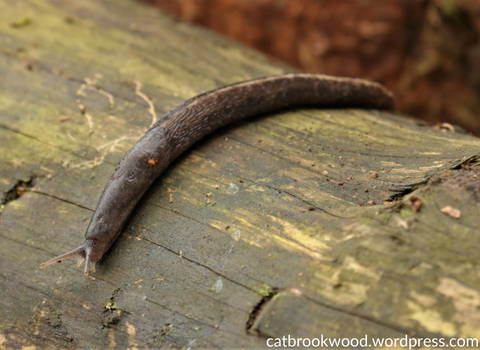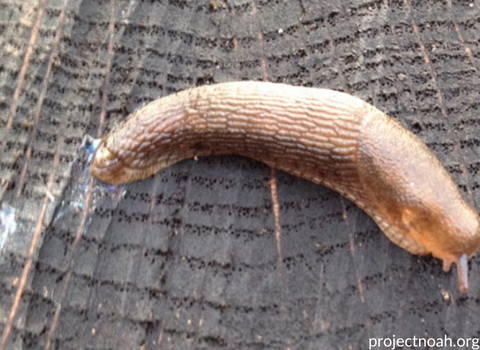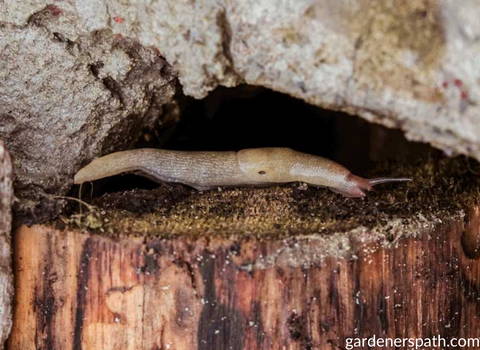What are Slugs Good for?
Slugs are lashed as slimy garden pests known for their revolting table manners. However, some gardeners want to give these maligned molluscs another chance.
Slugs and snails are closely related to each other. However, unlike snails, slugs do not have pretty shells. This is the main difference between slugs and snails.
Other relatives that are shell-forming invertebrates are among the highly desirable items that a lot of collectors from across the globe want. Collectors want these exquisitely stunning protective armours.
However, when it comes to a slug, it is always the other way around. The word “slug” alone is already synonymous with negative meanings like corrupt, lazy, or slow person, a bullet, a punch, and more. Also, when you ask people about a word to describe a slug, most people would only come up with the word “slimy”.
One thing that many gardeners do not like about garden slugs is that it destroys small garden plants. Both slugs and snails are considered garden pests, but there are still people who find them beneficial at some point. You will find several reasons to love slugs.
When are Garden Slugs Beneficial in Your Flower or Vegetable Garden?
If you have a veggie garden, you will probably think of simply removing the big ones to just get rid of them from your sight. However, their slime trails contain pheromones that will attract junior slugs and tell them that there are other slugs nearby.
Removing the bigger ones will only give the smaller slugs more space to move in as the slime trails are left. So, before getting into that, you might want to know more about when slugs can be considered beneficial to a veggie garden.
They Scavenge
Most slugs are considered scavengers, but not all the time. What they eat is the catch-all substrate or the decaying matter. This includes rotting and dead plants, fungoid wood, leaf litter, animal droppings, fallen fruit from fruit trees, mouldering compost, carrion, and deliquescent toadstools. If you find a slug nibbling idly on a leaf, the reason might be because the leaf is already diseased or damaged.
Voracious Snail Predators
Among the slug species known to eat snails is the great grey slug or the Limax Maximus. Aside from snails, it is also a predator to insect larvae, worms, and maggots. They are not considered above cannibalism so it might be awkward to keep them together as pets.
Educational Props
Slugs are considered accessible and easy educational props used to inspire and teach children about the wonders of nature. They can be used as props that children can admire under the telescope. For children to look at them closely admire the feeler stalks and eye on the head.
They can also peer into the pneumostome or the large breathing hole. They can also see the right side of its body as slugs and snails are not bilaterally symmetrical. Children will get to admire the rhythmic muscular ripple that can be found on its belly.
When Slugs are Considered Pests
Though slugs and snails are somehow beneficial, many gardeners consider them as damaging pests and are found in areas with humid climates and hot weather. If you are living in a place with these climates, your garden is most likely to have slugs in early spring or during the rainy season.
Slugs and snails are soft-bodied mollusks and are not considered insects. They will feed on almost any living plant. Major signs that you are having an infestation is when you see ragged edges and irregular holes on stems and leaves. Because of the file-like mouthparts of these pests, they can consume small seedlings completely.
Alternative Methods to Control Slugs
If you are worried about slugs damaging your crops in the garden, you can choose to go for other methods first before resorting to the use of slug control products. Some alternatives that you can use are the following:
Make a trap for slugs and snails.
This trap is made by laying pieces of cardboard or boards on bare soil around raised gardens or seedlings. Every morning, just flip the boards over and scrape off all the hiding pests in a large plastic container. Cover the container and place it in the freezer. Once frozen, you can dump it in the compost pile.
Beer trap
One way to deter slugs is by placing slug baits. A popular option is placing a beer trap around your garden and let them drink it which will result in killing slugs. You can also mix cornmeal, molasses, flour, and yeast as a substitute for beer. These are both great traps that will control garden slug as well as the snail population.
Use powdered materials.
Another way to prevent the slugs and snails from getting near your plants is using powdered materials. You can use wood ash, diatomaceous earth, pine needles, coffee grounds, crushed eggshells, or coarse sand. Another alternative is the use of slug pellets that will kill slugs and snails and at the same time protect your individual or potted plants.
Copper
Another way is by using copper. Slugs and snails feel a small shock whenever they are exposed to copper. This makes them turn back and avoid the areas where there is copper. You can use copper tape around the perimeter of your crops to keep them away. This will create barriers against snails and slugs.
With these methods in mind, you can make sure that slugs will stay away from your garden and protect your crops from getting damaged by these pests. These methods are safer to use as they will not put other animals or other wildlife at risk or affect living plants.
Some products we recommend when dealing with these pests are the following:
You can try any of these products or you can visit pestsupplycanada.ca to get more options when trying to get rid of these pests.


